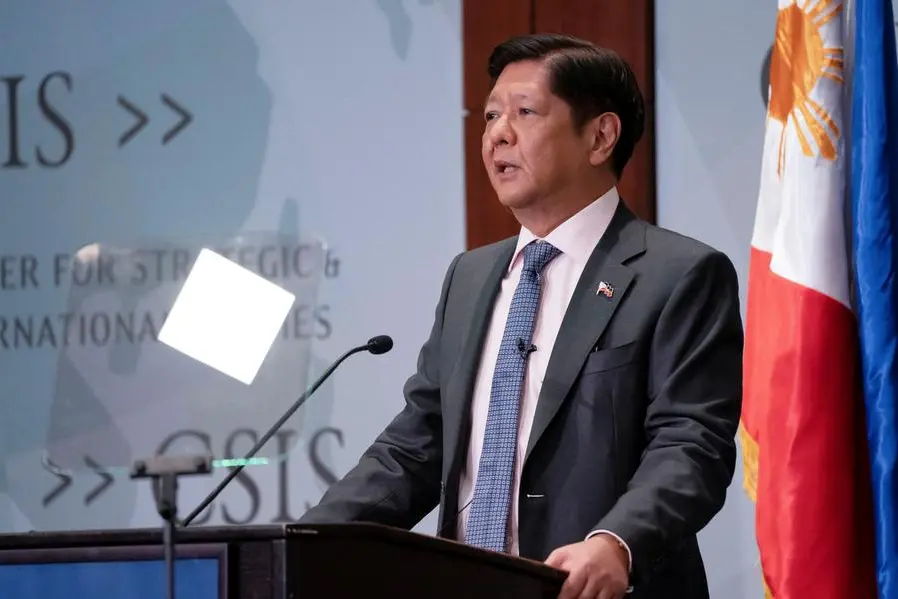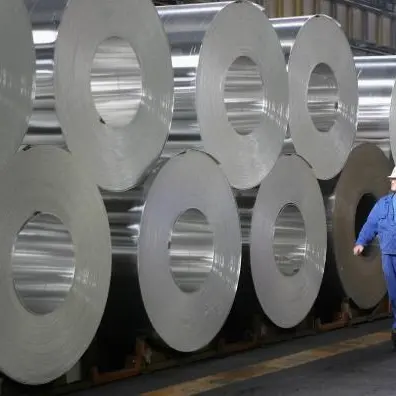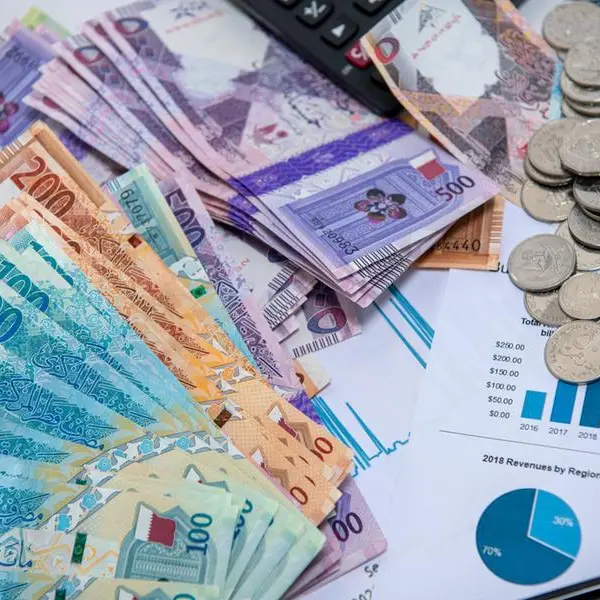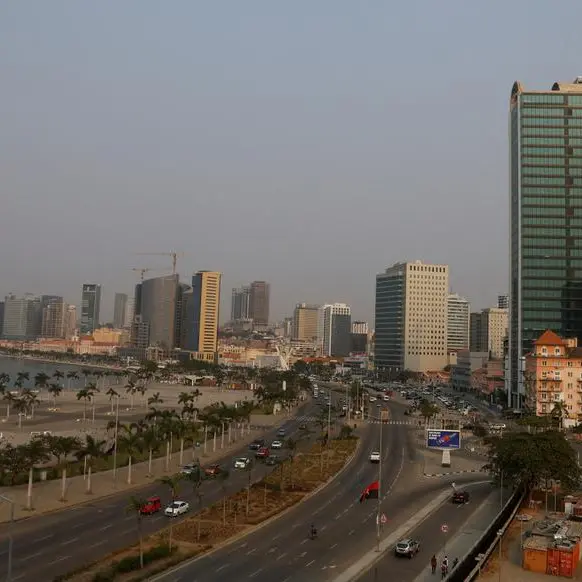PHOTO
MANILA: Philippine President Ferdinand Marcos Jr on Tuesday approved a bill creating the country's first sovereign wealth fund, which he touted as a key plank of his economic goals to modernise infrastructure and accelerate the country's growth.
The bill, which has earlier raised concern including from the central bank over transparency in its governance, has undergone revisions to address worries about how the fund would be managed and financed.
"I assure you that the resources entrusted to the fund are taken care of with utmost prudence and intent," Marcos said in a speech after signing into law what he described as an "extremely important" measure.
The creation of the Maharlika Investment fund, Marcos said, will also allow the Philippines, one of Asia's most active issuers of sovereign debt, to cut its reliance on borrowing to fund infrastructure development.
It follows moves by neighbours Malaysia and Singapore and more recently Indonesia in establishing sovereign wealth funds, albeit with mixed results.
In Malaysia, a multi-billion dollar graft scandal engulfed the 1Malaysia Development Berhad (1MDB) fund, causing widespread political repercussions.
Marcos said the new fund would be managed by professionals and be free from political interference.
For its capital, the fund will be allowed to issue a total of 500 billion pesos ($9.19 billion) worth of preferred and common shares which the national government, state-run firms and banks can purchase.
It was not immediately clear when the fund will be launched. It will be allowed to invest in instruments like foreign currencies, tradable commodities, fixed income securities, stocks to generate income to help finance infrastructure projects.
Marcos, who began his six-year term as president in June last year, aims to expand the Philippine economy by as much as 8% to keep its place among Asia's fastest-growing countries, and halve the poverty rate, which was 18.1% in 2021, the most recent figure. ($1 = 54.3900 Philippine pesos) (Reporting by Karen Lema and Neil Jerome Morales; Editing by Martin Petty)
Reuters




















